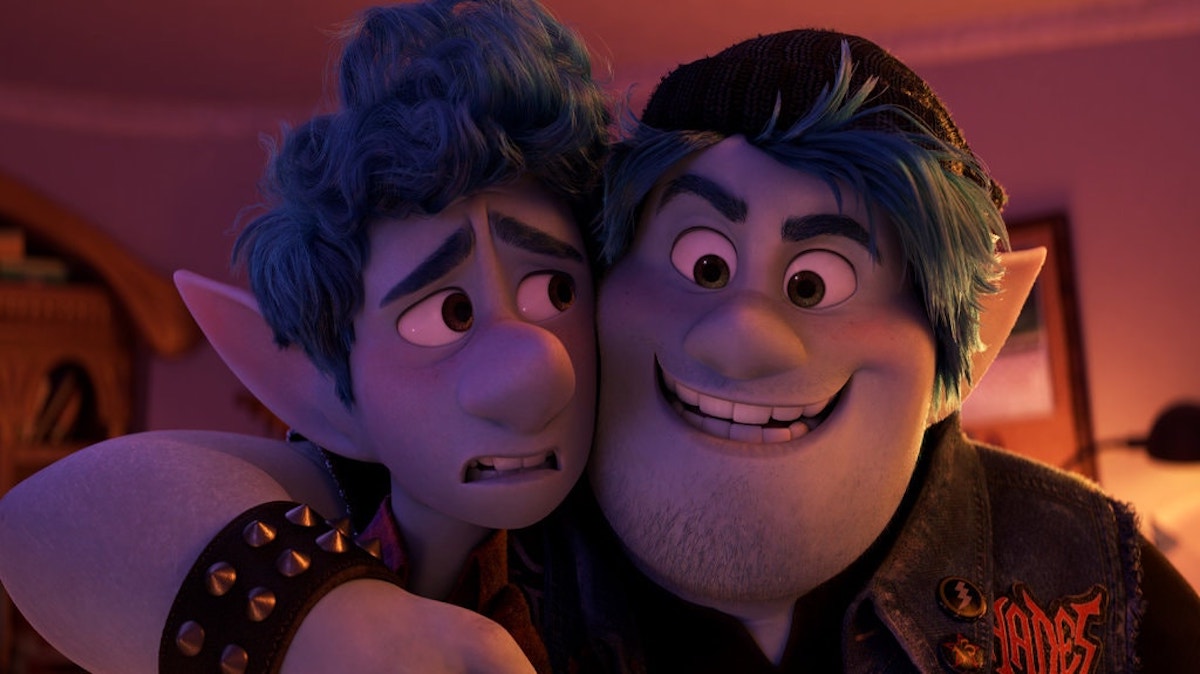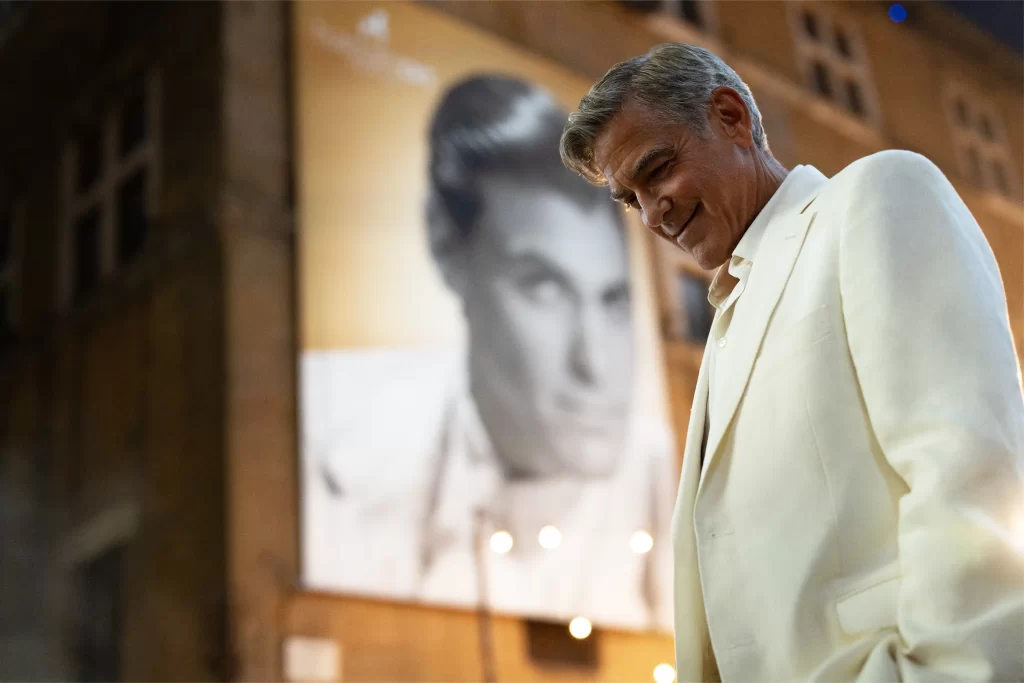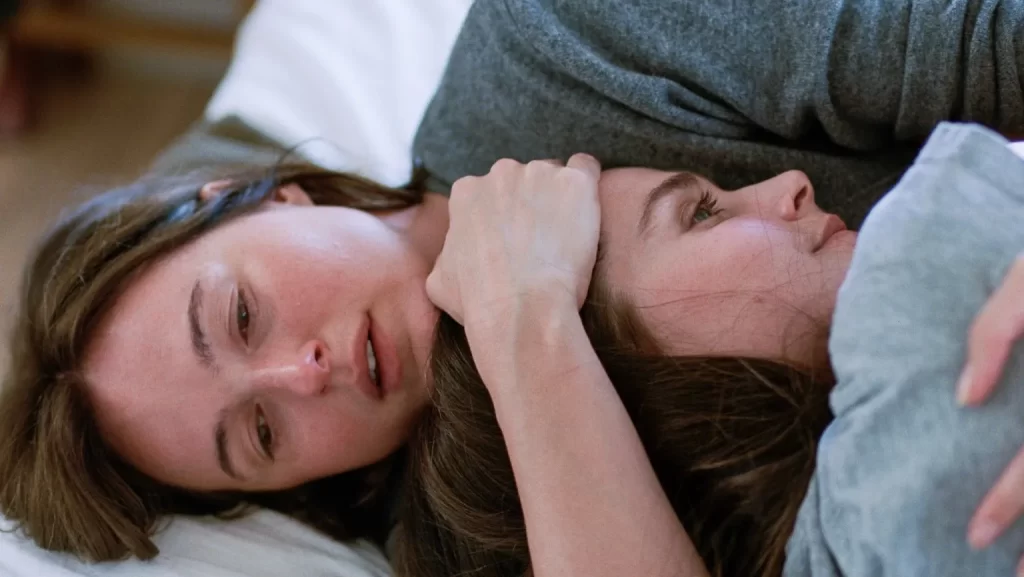With each new Pixar release, there’s a temptation to immediately see where it ranks. How does it stack up to The Incredibles’ sophistication and style? The Toy Story movies’ tender love for childhood and appreciation of growth? Inside Out’s ability to make you cry floods of heartfelt tears from its opening seconds?
Onward probably fits in the middle of the pack, below Coco and Monsters, Inc., but above the Cars movies. I suspect, however, that it’s going to grow in estimation over time. Onward doesn’t feel like a typical Pixar movie–which isn’t to say that it’s not up to snuff. The attention to detail and heartfelt themes and joyful creativity are all there. It just feels like it’s aimed at a different audience than the rest of the studio’s releases. While most Pixar movies appeal to kids, with their parents as the not-so-secret second audience, Dan Scanlon’s movie may be the first one directed primarily at older viewers. It’s a little darker, and a little more mature than what we’re used to seeing.
Onward takes place in a fantasy realm where magic was once plentiful, but now has been replaced by more convenient technology and systems that hew pretty close to our own. The elves, dwarves, pixies and centaurs of Onward’s New Mushroomton watch workout videos, drive cars and have iPhones. They’ve mostly forgotten the magic spells and epic quests that used to permeate their culture.
The elven Lightfoot family is the focus of the story. Ian (voiced by Tom Holland) is an awkward high schooler; his big brother Barley (Chris Pratt) is taking “the world’s longest gap year,” living at home, playing Dungeons and Dragons-inspired RPGs based on their world’s magical history. On Ian’s 16th birthday, mom Laurel (Julia Louis-Dreyfus) gives the boys a gift from their dad, who passed away before Ian was born. Turns out, Dad was a wizard, and created a spell that allows the boys to bring him back for one day. Ian discovers he has magical ability, but it’s not fully developed: he’s only able to bring back his dad’s lower half. The magic-obsessed Barley takes Ian–and their dad’s legs–on a quest to complete the spell, and develop Ian’s magical talents.

Onward’s tonal difference from the rest of Pixar’s output takes a bit to settle in. There’s a little less of the childlike optimism and wonder that define so many of the studio’s other movies, and a greater focus on relatable human relationships and conflicts. That’s a little ironic, given that the characters are all magical creatures, but that’s part of the point. One of the film’s big themes is the two-sided nature of magic and the mundane; what happens when we take the extraordinary for granted, and the magic that happens when we try to make the most of everyday moments. Having elves, manticores and cyclops talk about how out of shape they are, or the complicated experience of step-parenting, gives weight to the universality of those experiences, and reminds us that common-seeming events can be their own epic adventure.
Of course, the fantastical setting also allows Scanlon and the Pixar animators to go deep on fantasy storytelling tropes and culture. D&D publisher Wizards of the Coast gets a shoutout in the credits, and regular players will notice specific character types, settings and challenges that come directly from the game. Every scene is packed with clever details and references, as well as creative approaches to how fantastic beings might work in a world that looks like ours. You’d be forgiven for checking your street for feral unicorns the next time you take out the trash.
Not everything about Onward works perfectly. Pa Lightfoot’s bottom half bumping around Barley’s custom van takes on some Weekend at Bernie’s qualities that threaten to disrupt the movie’s more heartfelt themes of family and parental loss. Some of its other turns also aren’t communicated quite as cleanly as they could be, like an understandable sentence with awkward wording. It’s still a fun adventure, however, made with a lot of love for the stories and games it’s based on. Much of it may fly over younger viewers’ heads, but those with a little more life experience–and experience points–will find plenty to appreciate.
B+
“Onward” is out Friday.



